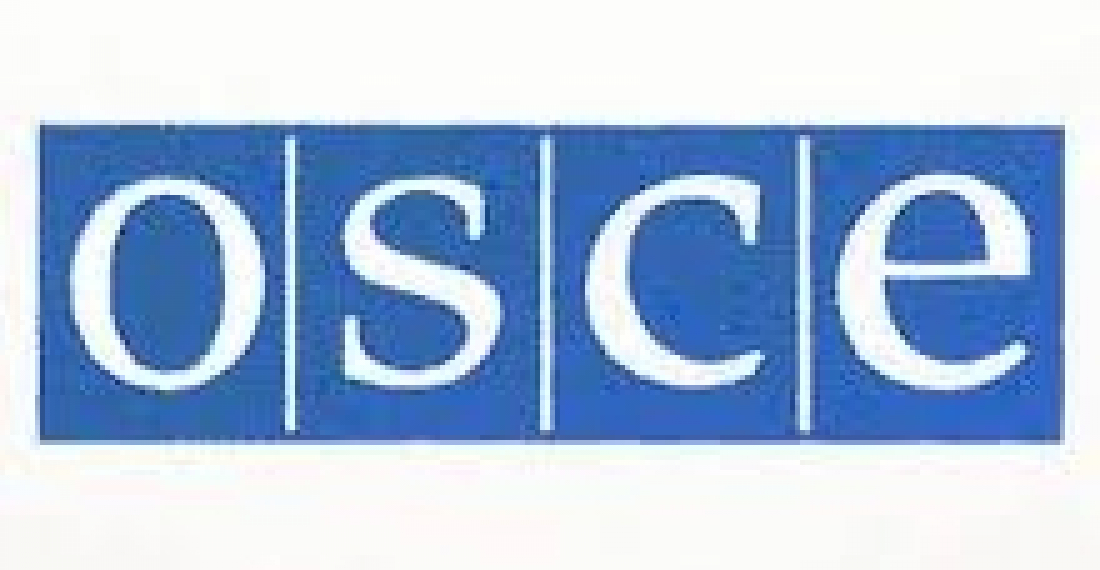4 ноября, согласно ранее достигнутой с властями Нагорно-Карабахской Республики договоренности, миссия ОБСЕ провела плановый мониторинг линии соприкосновения вооруженных сил НКР и Азербайджана в аскеранском направлении. Как сообщили АрмИнфо в пресс-службе МИД НКР, с позиций Армии обороны НКР наблюдение осуществляли координатор офиса ОБСЕ Имре Палатинус (Венгрия) и полевые помощники Личного представителя Действующего председателя ОБСЕ Христо Христов (Болгария) и Мариус Пуодзиунас (Литва).
В группу наблюдения с противоположной стороны линии соприкосновения вошли полевые помощники ЛПДП Антал Хердич (Венгрия) и Уильям Праер (Великобритания).
В ходе мониторинга нарушений режима прекращения огня не зафиксировано. Однако азербайджанская сторона не вывела миссию ОБСЕ на свои передовые рубежи, на заранее согласованную точку, в результате чего мониторинговым группам ОБСЕ пришлось вести наблюдение с более отдаленной дистанции.
Миссию наблюдения с карабахской стороны сопровождали представители министерства иностранных дел и министерства обороны НКР.







